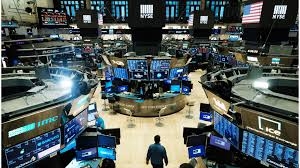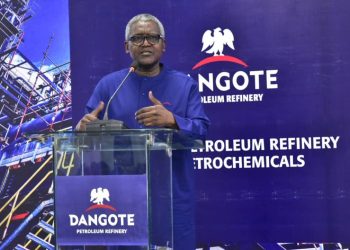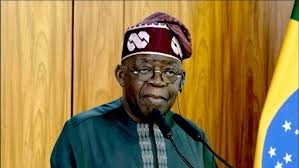ABUJA — Nigeria’s Minister of Solid Minerals Development, Dr. Dele Alake, says he has received death threats and threats of international arbitration from mining operators whose licenses were recently revoked, alleging the same interests are funding media attacks on ongoing sector reforms.
Speaking at a news conference in Abuja on Friday ahead of the 10th Nigeria Mining Week (Oct. 13–15), Alake said the pushback followed the ministry’s decision to cancel 1,263 mineral titles over non-payment of statutory annual fees. “Some people have held licenses since the Obasanjo era without using them,” he said. “Sanitising the sector is non-negotiable, and resistance is expected.”
Alake insisted the revocations are aimed at restoring order and ensuring the state earns commensurate revenue from its mineral wealth. He touted progress in the industry, saying the solid minerals sector’s contribution to GDP has risen from below 0.5% a decade ago to about 4.65% today, with further growth expected. “In practical terms, this means more mines in operation, more companies investing, and more communities being impacted by mining activity,” he said.
Framed under the Tinubu administration’s “Renewed Hope” agenda, Alake outlined reforms to improve transparency, de-risk investments and promote beneficiation, including stronger data, clearer regulations and value-addition to support the energy transition. He said Nigeria is positioning itself as a competitive global destination, leveraging vast deposits and a tightening regulatory environment.
This year’s Mining Week — organised by the Miners Association of Nigeria (MAN) in partnership with PwC and the VUKA Group — will host about 100 exhibitors and more than 3,500 delegates, including official delegations from Africa, Europe, Asia and the Middle East. “Global interest in Nigeria’s mineral potential is rising,” Alake said. “With collaboration and innovation, we will reposition Nigeria as a major force in the global mining landscape.”
MAN President Dele Ayankale said the event marks a decade of dialogue and reform. He noted gains in exploration, formalising artisanal mining, investment inflows and sustainable technologies, with renewed attention on gold, limestone, barite, lithium and bitumen driving jobs, community development and diversification.





















